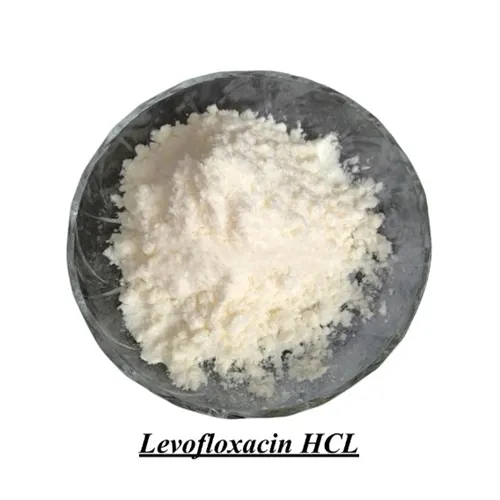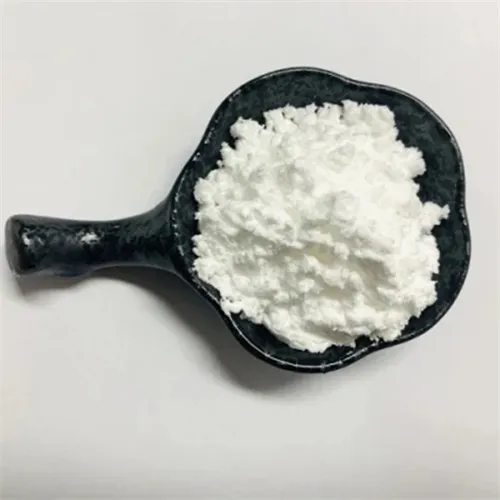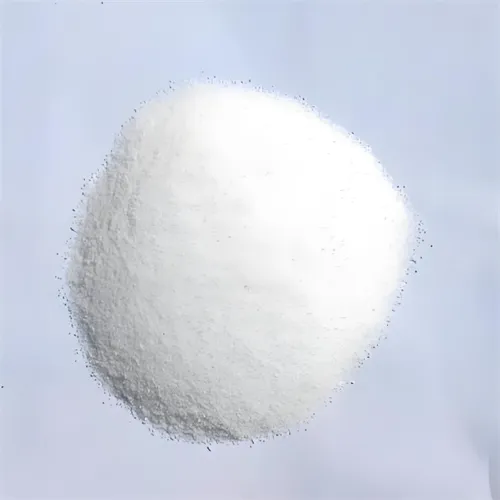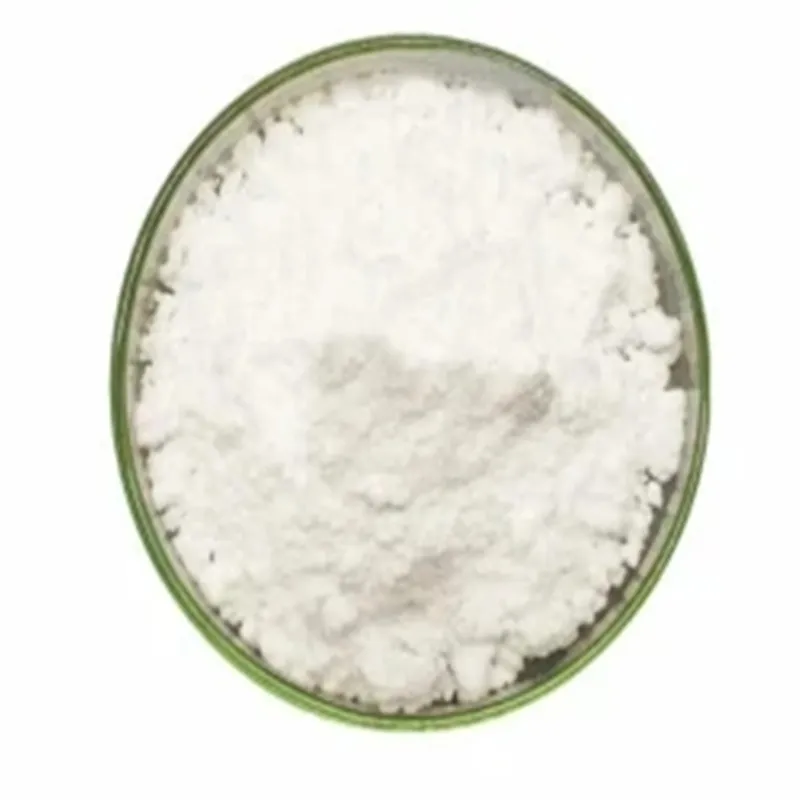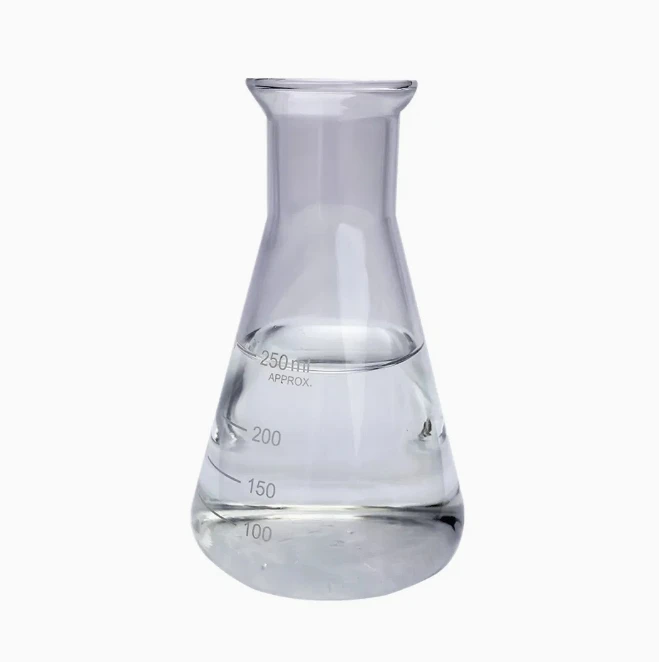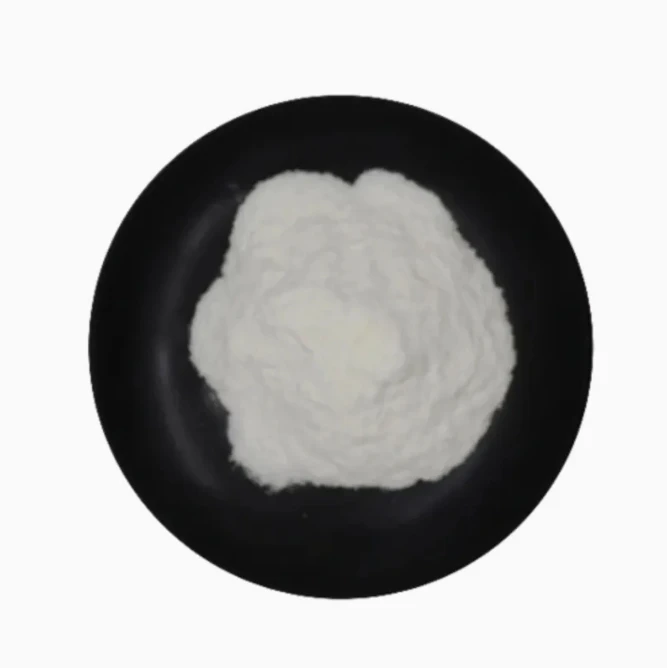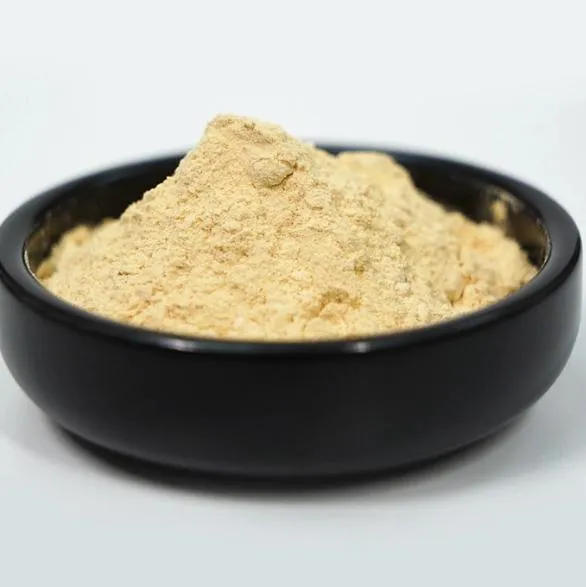Warning: Undefined array key "file" in /home/www/wwwroot/HTML/www.exportstart.com/wp-content/themes/1198/header.php on line 7
Warning: Undefined array key "title" in /home/www/wwwroot/HTML/www.exportstart.com/wp-content/themes/1198/header.php on line 7
Warning: Undefined array key "title" in /home/www/wwwroot/HTML/www.exportstart.com/wp-content/themes/1198/header.php on line 7
- Awherika
- Albanian
- Amharic
- Arapi
- Arameni
- Azerbaijani
- Basque
- Belarusian
- Bengali
- Bosniana
- Bulgarian
- Katarana
- Cebuano
- Haina
- Haina (Taiwan)
- Korihika
- Koroatiana
- Czech
- Teniana
- Tatimana
- Ingarihi
- Esperanto
- Estonian
- Finnish
- Wīwī
- Frisian
- Kariri
- Georgian
- Tiamana
- Kariki
- Gujarati
- Haiti Creole
- hausa
- hawaii
- Hiperu
- Kao
- Miao
- Hungarian
- Tiorangi
- igbo
- Initonia
- Irish
- Itari
- Hapanihi
- Hawaana
- Kannada
- Kazakh
- Khmer
- Rwandan
- Koreana
- Kurdish
- Kyrgyz
- TB
- Latina
- Latvian
- Lithuanian
- Luxembourgish
- Makeronia
- Malgashi
- Malay
- Malayalam
- Marite
- Maori
- Mareti
- Mongolian
- Myanmar
- Nepali
- Norewai
- Norewai
- Occitan
- Pashto
- Pahia
- Porohia
- Potiti
- Punjabi
- Romanian
- Ruhia
- Hamoa
- Scottish Gaelic
- Serbian
- Ingarihi
- Shona
- Sindhi
- Sinhala
- Slovak
- Slovenian
- Somali
- Paniora
- Hatana
- Swahili
- Huitene
- Tagalog
- Tajik
- Tamil
- Tatara
- Telugu
- Thai
- Turkish
- Turkmen
- Iukereiniana
- Urdu
- Uighur
- Uzbek
- Vietnamese
- Welsh
- Awhina
- Yiddish
- Yoruba
- Zulu
Levofloxacin Hydrochloride
Levofloxacin hydrochloride, an organic compound with the chemical formula C18H21ClFN3O4, is a quinolone antibacterial drug suitable for urinary and reproductive system infections caused by sensitive bacteria. These include simple and complex urinary tract infections, bacterial prostatitis, Neisseria gonorrhoeae urethritis or cervicitis (including those caused by enzyme producing strains), respiratory infections (including acute episodes of bronchial infections and lung infections caused by sensitive gram-negative bacilli), gastrointestinal infections (caused by Shigella, Salmonella, enterotoxigenic Escherichia coli, aeromonas hydrophila, Vibrio parahaemolyticus, etc.) It can also treat systemic infections such as typhoid fever, bone and joint infections, skin and soft tissue infections, and sepsis.

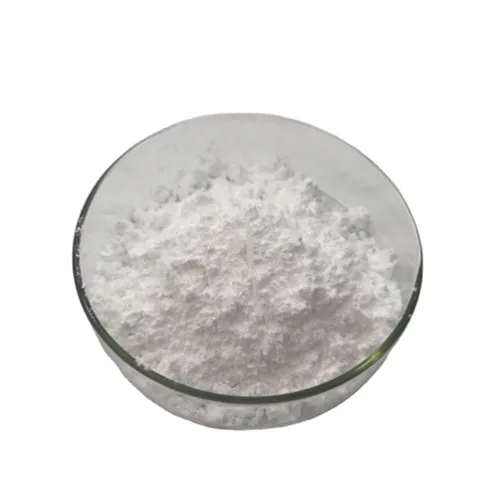
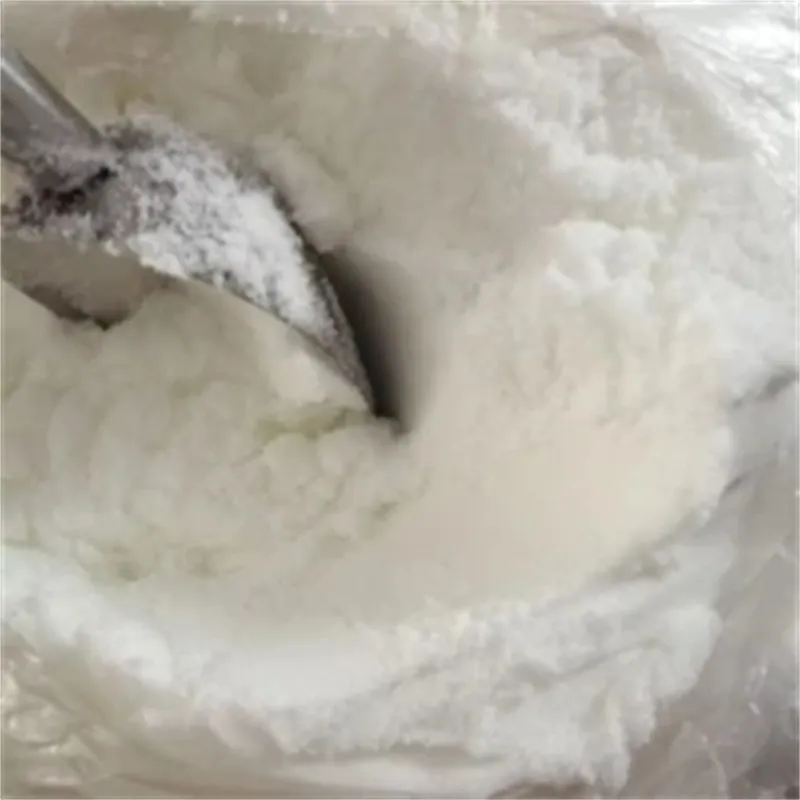
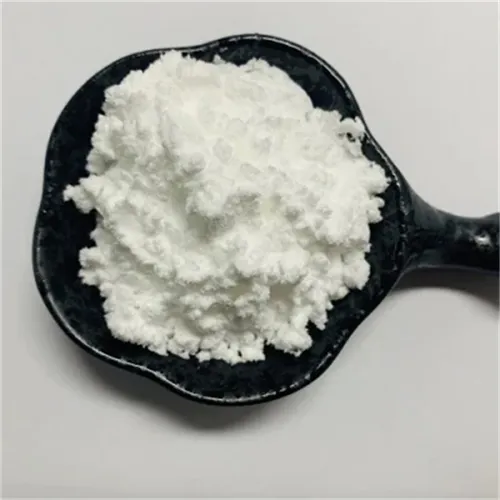
The main action mechanism of levofloxacin hydrochloride is to inhibit the activity of bacterial DNA rotase (bacterial topoisomerase II) and block bacterial DNA replication.
It has the characteristics of broad-spectrum antibacterial action and strong antibacterial effects. It has strong antibacterial activity against most enterobacteriaceae bacteria, such as Escherichia coli, Klebsiella pneumoniae, Serratia species, Proteus species, Shigella species, Salmonella species, Citrobacter species, Acinetobacter species, and Pseudomonas aeruginosa, Haemophilus influenzae, and Neisseria gonorrhoeae, etc. gram-negative bacteria.
It also has good antibacterial effects against some methicillin-sensitive Staphylococcus aureus, Streptococcus pneumoniae, Streptococcus pyogenes, and hemolytic Streptococcus species, etc. gram-positive bacteria and Legionella species, Mycoplasma species, and Chlamydia species. However, its effect on anaerobic bacteria and enterococci is poor.
Levofloxacin hydrochloride is an oral active antibiotic that is active against both gram-positive and Gram-negative bacteria. Levofloxacin hydrochloride inhibited DNA rotase and topoisomerase IV. Levofloxacin hydrochloride can be used in the study of chronic periodontitis, airway inflammation and BK viremia
He maha nga wheketere kounga teitei me te mahi tahi, ka taea e koe te whakarato i nga hua o te kounga teitei me nga utu whakataetae. Ka taea hoki e matou te tuku utu mo nga hokonga nui.A ka mahi tahi matou me te maha o nga kamupene kawe utanga ngaio, ka taea te tuku hua ma te humarie me te pai ki o ringaringa. Ko te wa tuku mo nga ra 3-20 i muri i te whakapumautanga o te utu.




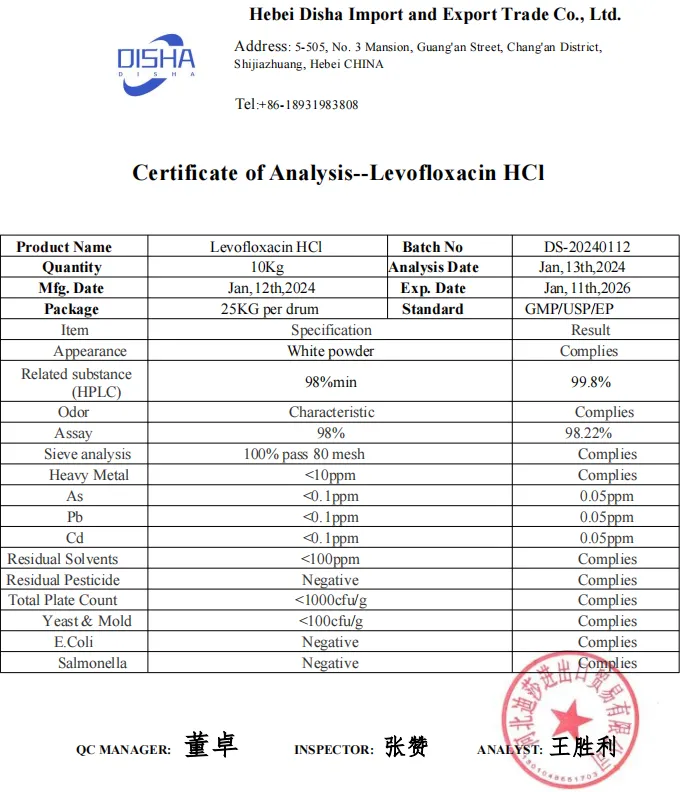
This product is suitable for the following light and moderate infections caused by sensitive bacteria:
1. Respiratory system infections: acute bronchitis, acute exacerbation of chronic bronchitis, diffuse bronchiolitis, bronchiectasis with infection, pneumonia, tonsillitis (pharyngeal abscess);
2. Urinary system infections: pyelonephritis, complex urinary tract infections;
3. Genital system infections: acute prostatitis, acute epididymitis, endometritis, endometritis, pelvic inflammatory disease (suspected anaerobic infection can be used with metronidazole);
4. Soft tissue infections: infectious pustular disease, cellulitis, lymphangitis (lymphadenitis), subcutaneous abscess, perianal abscess;
5. Intestinal infections: bacillary dysentery, infectious enteritis, salmonellosis, typhoid and paratyphoid fever;
6. Sepsis, leukopenia and immunocompromised patients with various infections;
7. Other infections: mastitis, injuries, burns and postoperative wound infections, peritonitis (if necessary, metronidazole can be used together), cholecystitis, cholangitis, bone and joint infections, and infections in the five major organs.

1. He wheketere koe, he kamupene hokohoko ranei?
He kamupene matou e whakauru ana i te ahumahi me te hokohoko, e whakarato ana i te ratonga kotahi-mutu. Ka taea e OEM te whakaae.
2. Kei te whakarato koe i nga tauira? He kore utu, he taapiri ranei?
Ko nga tauira kore utu.Ko te utu utauta a te tauira me utu e to taha.
3. Kei a koe etahi tiwhikete e pa ana ki te mana kounga?
ISO 9001: Tiwhikete 2008 hei whakarite i te kounga.
4. He aha te mea me whakarato e au ki te tiki korero?
Pls whakamohio mai ki a matou mo te momo hua e hiahiatia ana e koe, te rahinga ota, te wahitau me nga whakaritenga motuhake.Ka mahia te korero mo to tohutoro i te waa.
5. He aha te ahua o te tikanga utu e pai ana koe? He aha nga momo tikanga e whakaaetia ana?
Nga Tikanga Tukunga Whakaaetia: FOB,CFR,CIF,EXW;
Moni Utu Whakaaetia:USD;
Momo Utu Whakaae: T / T, Western Union; Paypal, Tauhokohoko Tauhokohoko.
Te Reo Korero:Maori.
Nga waahanga hua
-
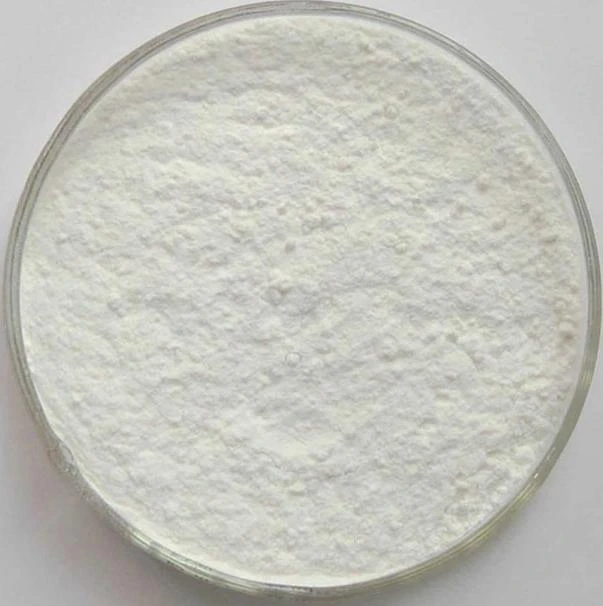 May . 07, 20252025 New York Cosmetics Ingredients ExhibitionThe much-anticipated 2025 Cosmetics Ingredients New York will be held at the Javits Center in New York from June 3 to 4, 2025. This event will bring together industry leaders, innovators and enthusiasts from all over the world to discuss the latest trends and advances in the field of cosmetic ingredients.
May . 07, 20252025 New York Cosmetics Ingredients ExhibitionThe much-anticipated 2025 Cosmetics Ingredients New York will be held at the Javits Center in New York from June 3 to 4, 2025. This event will bring together industry leaders, innovators and enthusiasts from all over the world to discuss the latest trends and advances in the field of cosmetic ingredients. -
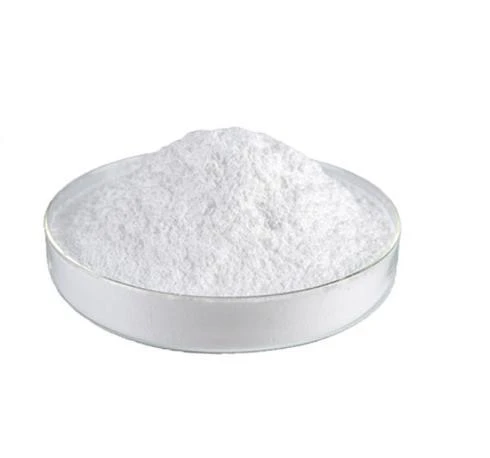 Apr . 27, 2025Zibo will host the 2025 International Chemical ExpoZibo, a city known for its thriving chemical industry, will host the 2025 Zibo International Chemical Expo from May 16 to May 18, 2025. This highly anticipated event aims to bring together industry leaders, innovators and stakeholders from around the world to explore the latest advancements and trends in the chemical industry.
Apr . 27, 2025Zibo will host the 2025 International Chemical ExpoZibo, a city known for its thriving chemical industry, will host the 2025 Zibo International Chemical Expo from May 16 to May 18, 2025. This highly anticipated event aims to bring together industry leaders, innovators and stakeholders from around the world to explore the latest advancements and trends in the chemical industry. -
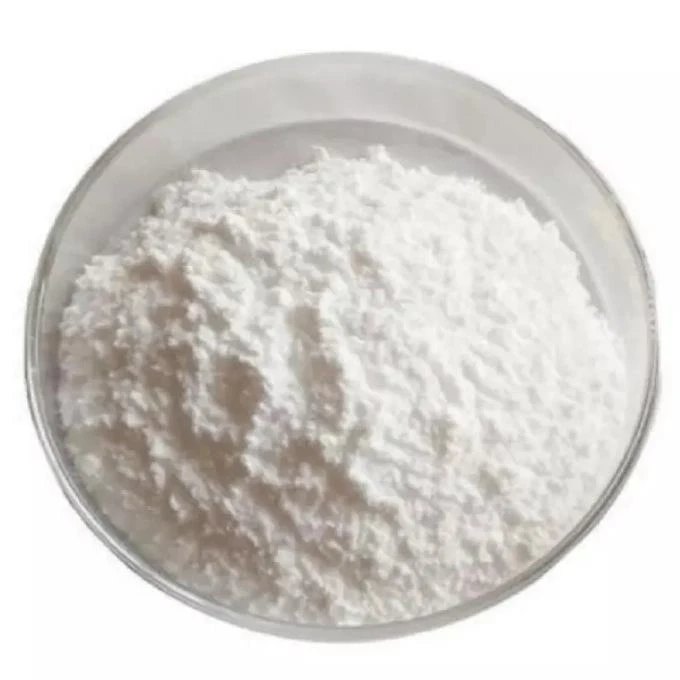 Apr . 22, 20252025 Yokohama Cosmetics Raw Materials and Technology ExhibitionYOKOHAMA, Japan – The City of Yokohama is preparing to host the much-anticipated Cosmetics Ingredients & Technologies 2025 from May 14 to May 16, 2025. The premier event is expected to attract industry professionals, innovators and enthusiasts from around the world to showcase the latest advancements in cosmetic ingredients and technologies.
Apr . 22, 20252025 Yokohama Cosmetics Raw Materials and Technology ExhibitionYOKOHAMA, Japan – The City of Yokohama is preparing to host the much-anticipated Cosmetics Ingredients & Technologies 2025 from May 14 to May 16, 2025. The premier event is expected to attract industry professionals, innovators and enthusiasts from around the world to showcase the latest advancements in cosmetic ingredients and technologies.


